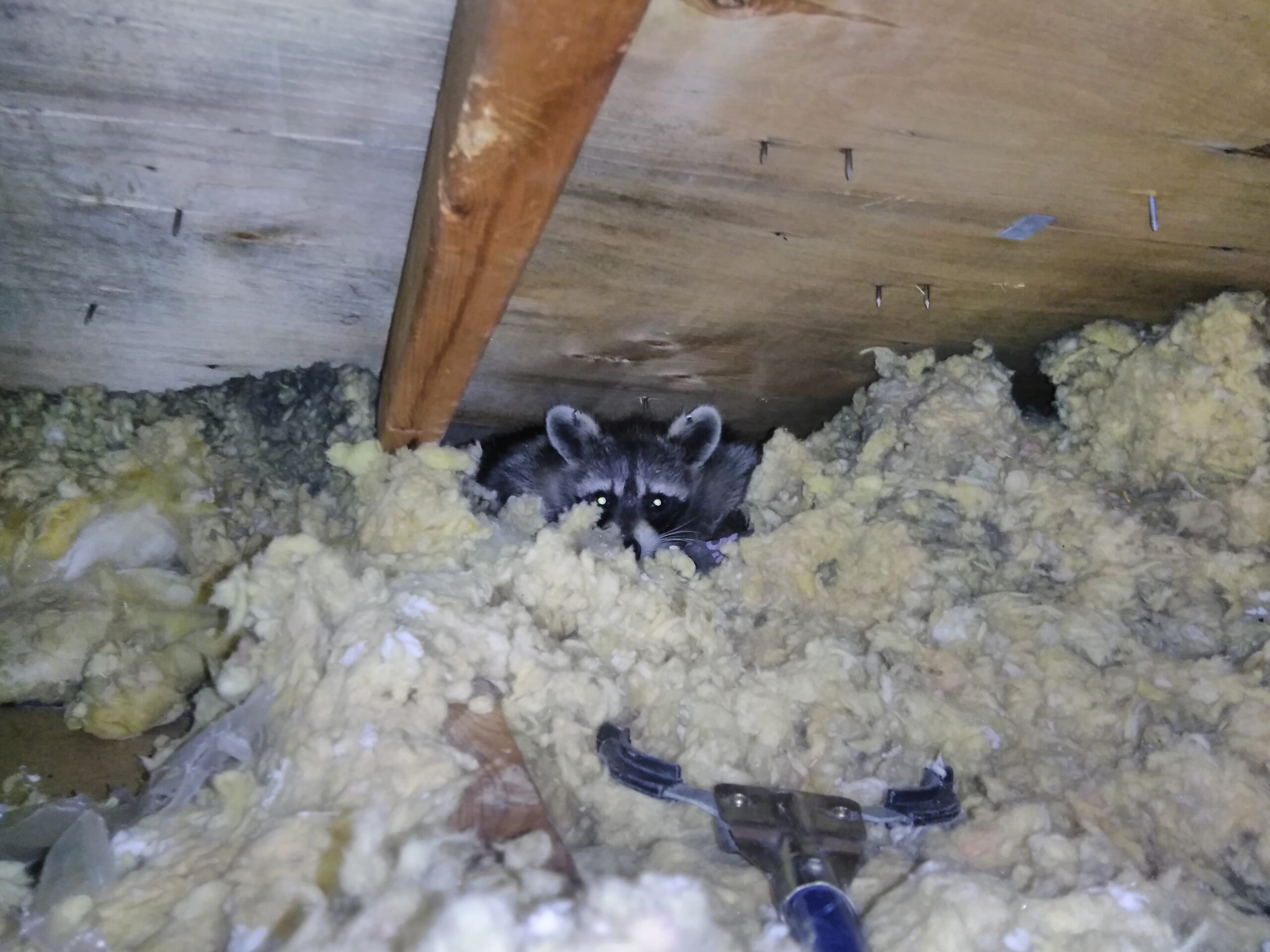It is never a good idea to approach a wild animal, such as a raccoon. Animals may feel threatened by your approach and defend themselves by biting and scratching, which can expose you to rabies. This means that if there is an animal in your home, you need professional raccoon removal to get it out safely. Here is some information about raccoons and rabies.
What Is Rabies?
Rabies is a virus that attacks the central nervous system, e.g., the brain and the spinal cord. All mammals have the potential to be infected with rabies, but some are more likely to carry it than others. Raccoons are among the most frequent carriers of rabies. That doesn’t mean that all raccoons have rabies, but it does mean that if you have a raccoon in your house, you should hire Maple Ridge wildlife control services to remove it rather than putting yourself at risk by attempting to handle it yourself.
Rabies causes inflammation in the brain, which can lead to symptoms such as confusion and paralysis. Once the symptoms emerge, the infection almost always results in death. The good news is that it can take days or even weeks between the exposure and the onset of symptoms, and if a vaccination is administered during that time, it can prevent the illness. Because the virus can be unpredictable, you need to seek treatment right away if you believe you have been exposed.
How Can You Tell if a Raccoon Has Rabies?
Some people say that, because raccoons are nocturnal, if you see one active during the day, it must have rabies. Infection with rabies could be one reason that a raccoon is active during the day, but there are other, more innocuous reasons. Therefore, this should be regarded as a possibility rather than a certainty.
While there is no way to know for sure whether an animal has rabies without laboratory testing, a rabid raccoon may exhibit some characteristic symptoms. Here are three of the most common:
- Foaming at the Mouth: This is one of the most well-known symptoms of rabies, but it may not be as dramatic as it appears in the movies. The virus causes increased salivation, causing the raccoon to drool. The excess saliva may collect on the animal’s lips.
- Difficulty Walking: Because the virus attacks the central nervous system, it can cause complete or partial paralysis of the raccoon’s rear legs. As a result, the raccoon may have difficulty moving around.
- Disorientation: Brain inflammation from rabies can cause symptoms of confusion and hallucinations. A raccoon with rabies may appear lost or behave as though it is intoxicated. This is in contrast with a healthy raccoon, which always seems to have a particular objective in mind.
How Can You Protect Yourself From Rabies?
The good news is that rabies infection in humans is rare in Canada, so much so that the rabies vaccine is not a part of routine inoculation schedules and is only administered prophylactically in the event of possible exposure. Additional resources are available at the BC Centre for Disease Control for help on what to do if there is contact with a rabid animal.
One way to protect yourself from rabies is to get your pet vaccinated. Dogs and cats are at greater risk of contracting rabies than humans through confrontations with wild or feral animals. Even indoor pets should be vaccinated in case they get lost or run away.
Your risk of rabies exposure is greater if raccoons are on your property. The best way to protect yourself is to hire Skedaddle to remove them safely from your home. We have been performing wildlife removal for decades, and our technicians know through training and experience how to get rid of raccoons without hurting them.
Rabies is not the only disease raccoons can spread. Their excrement can carry dangerous bacteria, which is why we clean up where the raccoons have been following removal. Learn more about the services we offer in your area.




